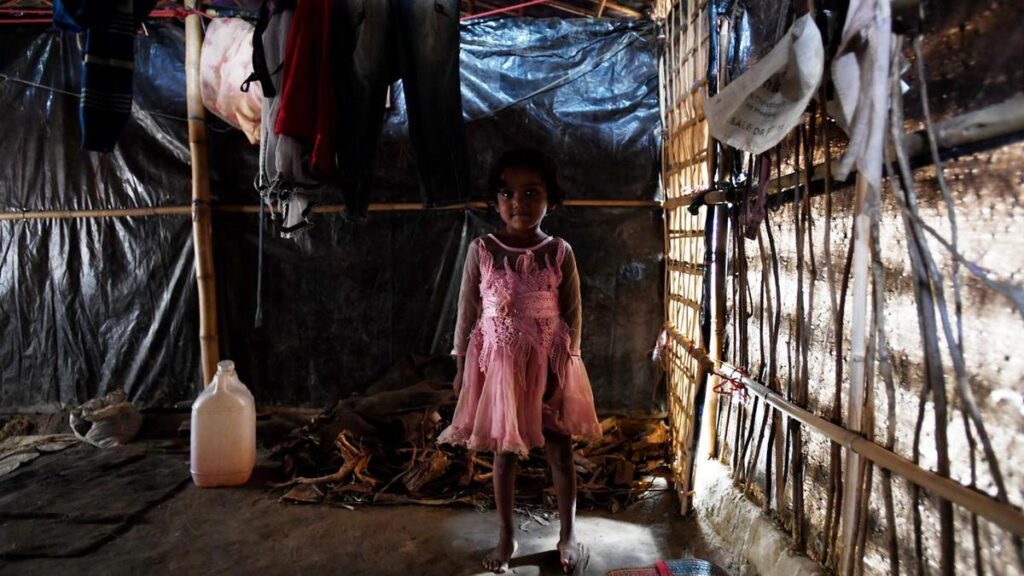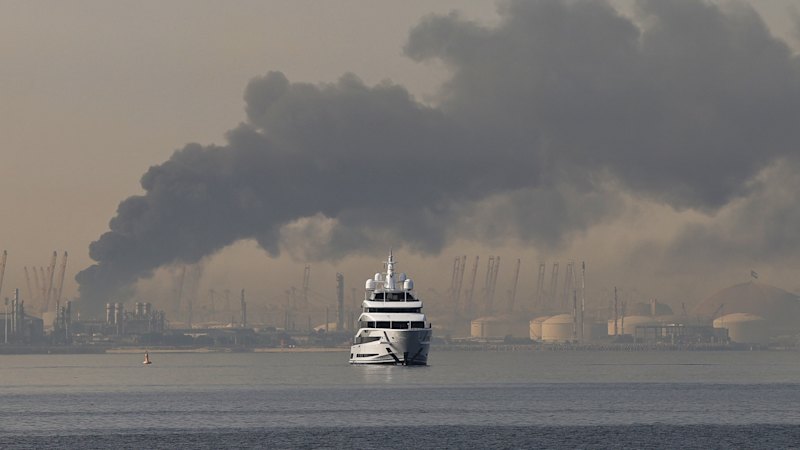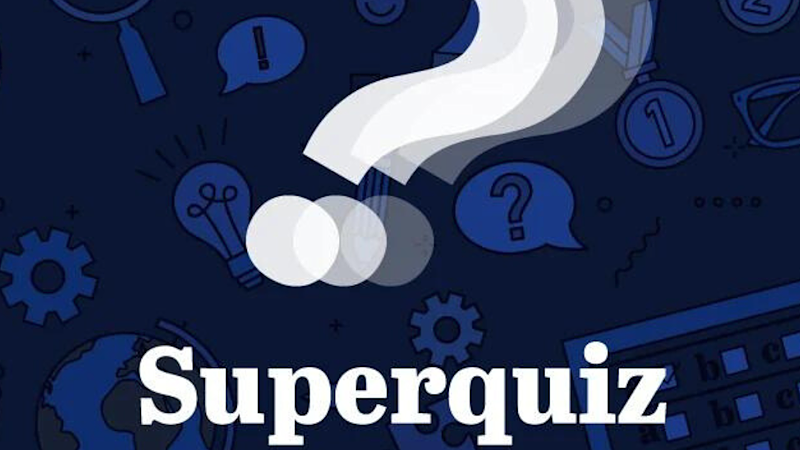
URGENT UPDATE: Major funding cuts are putting the UN investigation into the Rohingya genocide at serious risk, according to Nicholas Koumjian, head of the Independent Investigative Mechanism for Myanmar. In a revealing interview today in Geneva, Koumjian warned that a severe lack of financial resources will cripple efforts to collect crucial evidence and seek justice for the approximately 750,000 Rohingya who fled Myanmar following a brutal military offensive in August 2017.
The investigation, established by the UN Human Rights Council in 2018, is crucial for holding perpetrators accountable for what many international prosecutors term a textbook case of ethnic cleansing. Koumjian stated, “It will affect the ability to convict because we lose capacity. That would send a message of impunity. It says to perpetrators: don’t worry about being charged.”
Currently, the mechanism’s annual budget stands at $15 million, but only 73 percent is available due to a broader UN liquidity crisis. Additionally, a $9 million shortfall in voluntary grants over the next two years threatens ongoing investigations, including those targeting sexual violence and crimes against children.
Unless immediate funding is secured by year-end, critical projects will cease, raising alarms about the safety and support of witnesses. “It’s a severe strain on us to try to meet the budget with these limitations,” Koumjian emphasized. The US State Department had previously contributed $3 million to aid these efforts but has indicated a withdrawal of funds under the current administration.
Recent findings from the mechanism revealed evidence of systematic torture by Myanmar’s security forces. Despite these alarming reports, the Myanmar military continues to claim that their operations are lawful and necessary for national security, dismissing allegations as fabrications by “terrorists.”
With the stakes higher than ever, the potential consequences of funding cuts could be devastating for those seeking justice. “Sometimes we provide assistance for people in life-threatening situations,” Koumjian noted, highlighting the human impact of these financial hurdles.
The need for immediate action is critical, as Koumjian’s team continues to analyze evidence, including hundreds of thousands of social media posts from the 2017 military campaign that showed clear signs of state-sponsored hatred.
As the situation develops, the international community watches closely, urging donors to step up and ensure that justice for the Rohingya remains a priority. The time to act is NOW—without renewed funding, the future of this vital investigation hangs in the balance.






